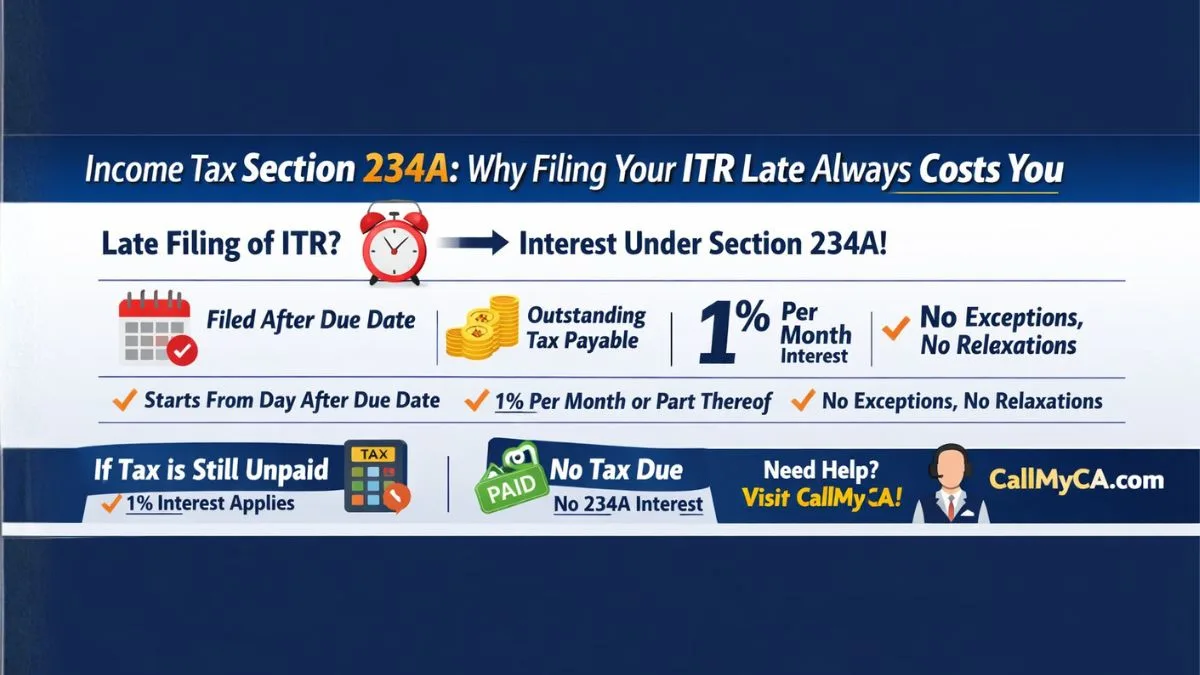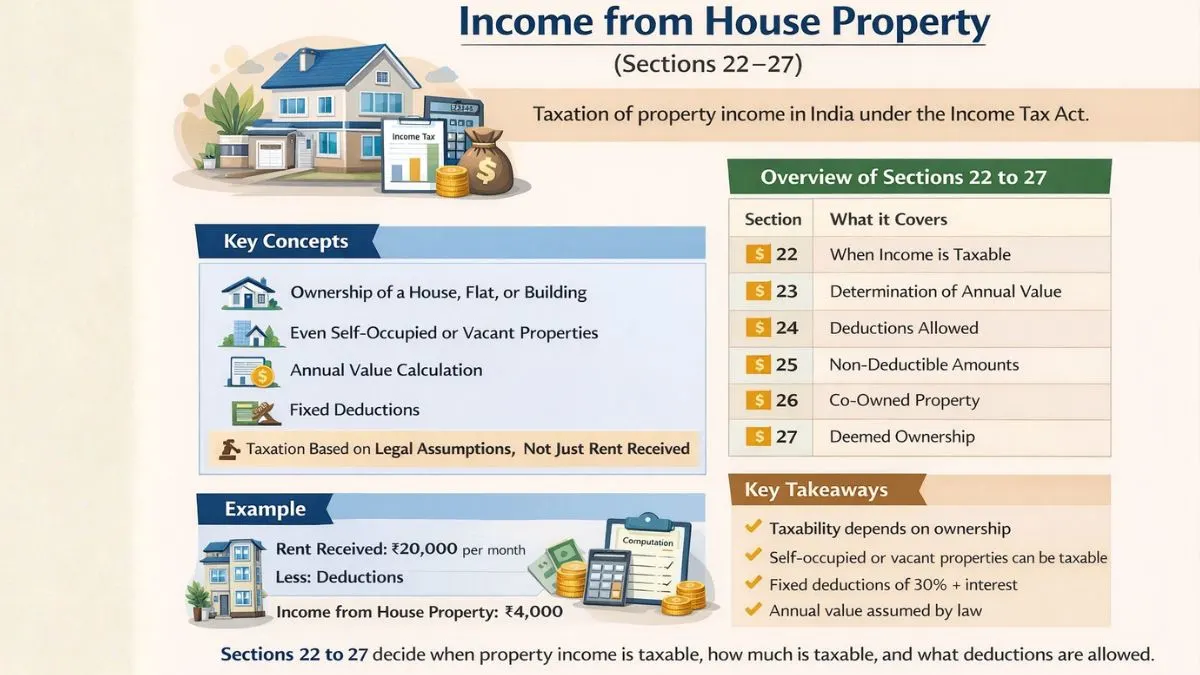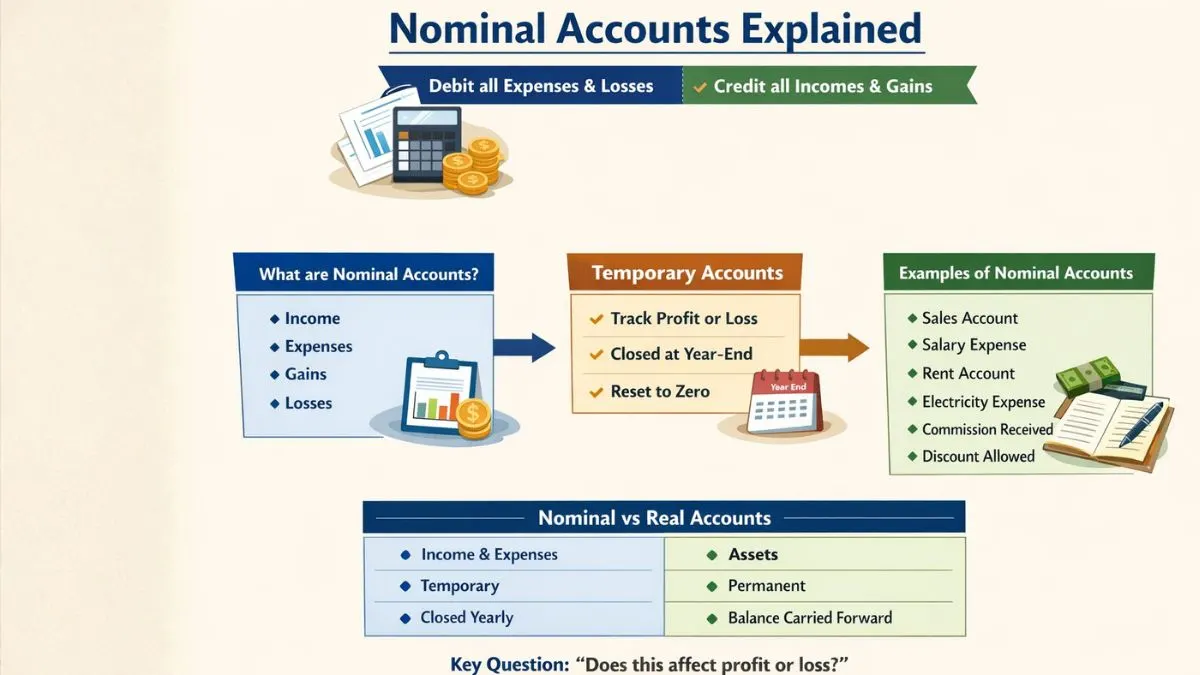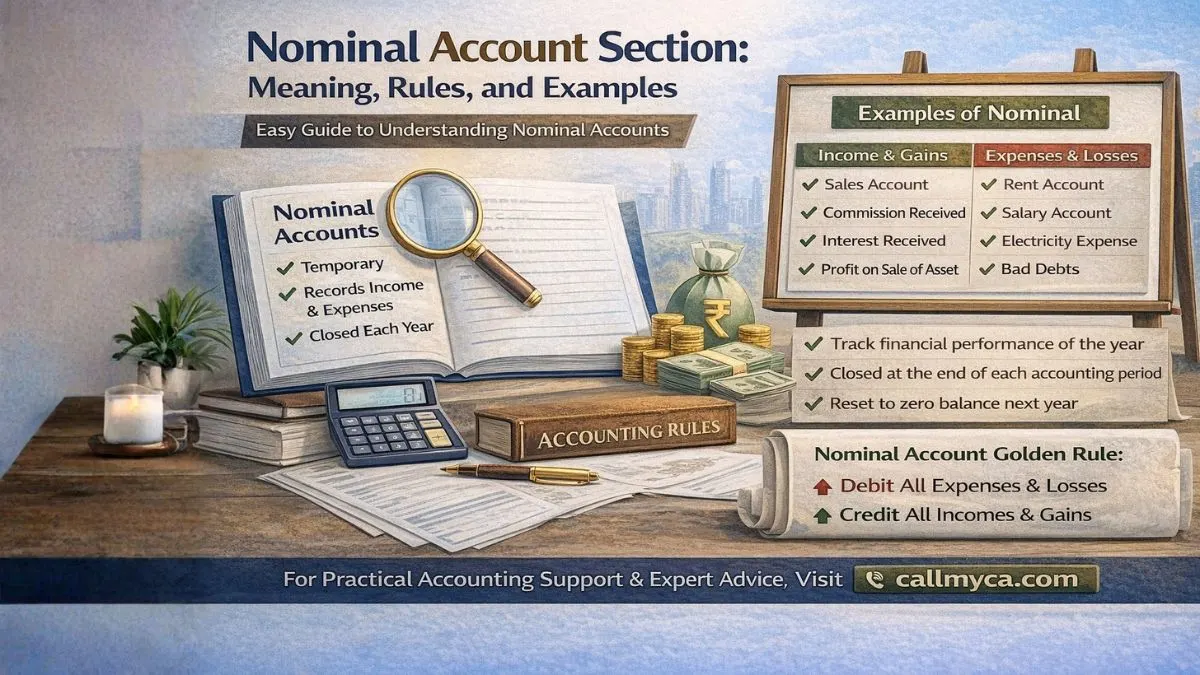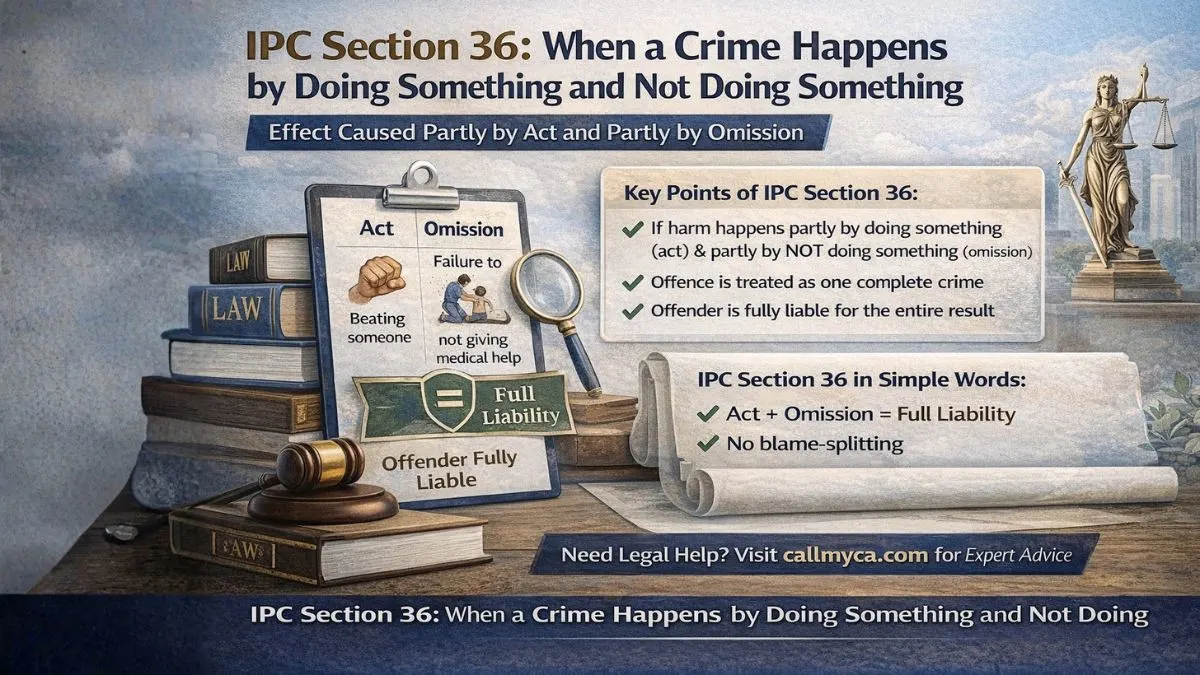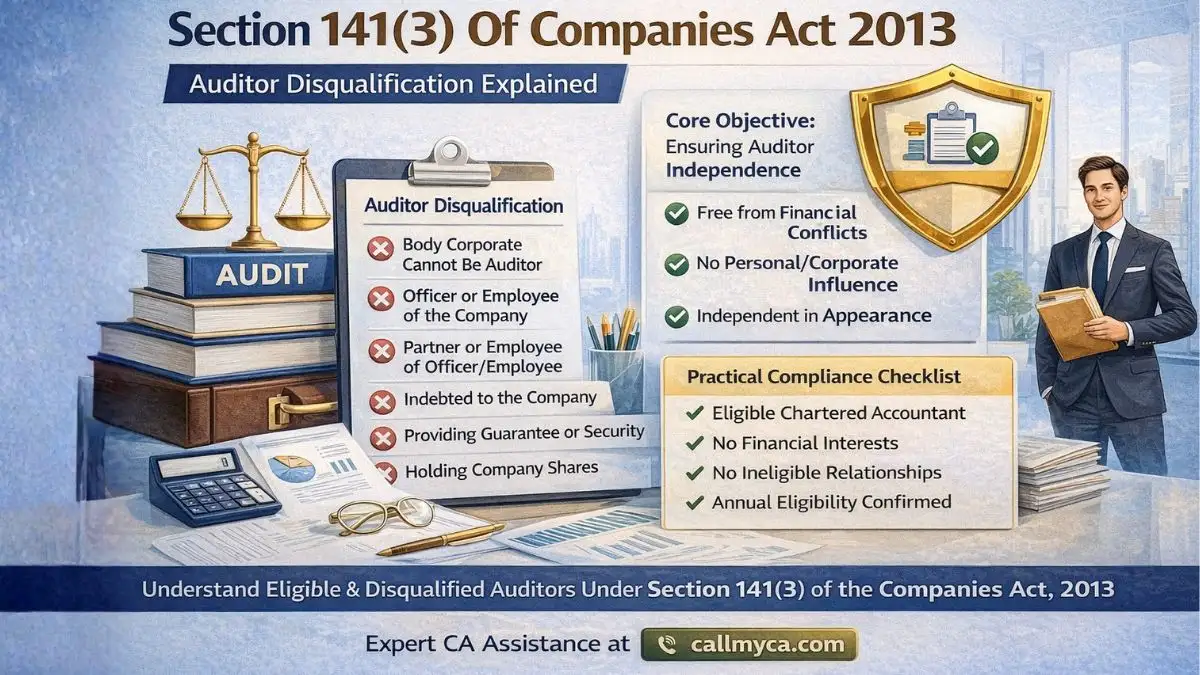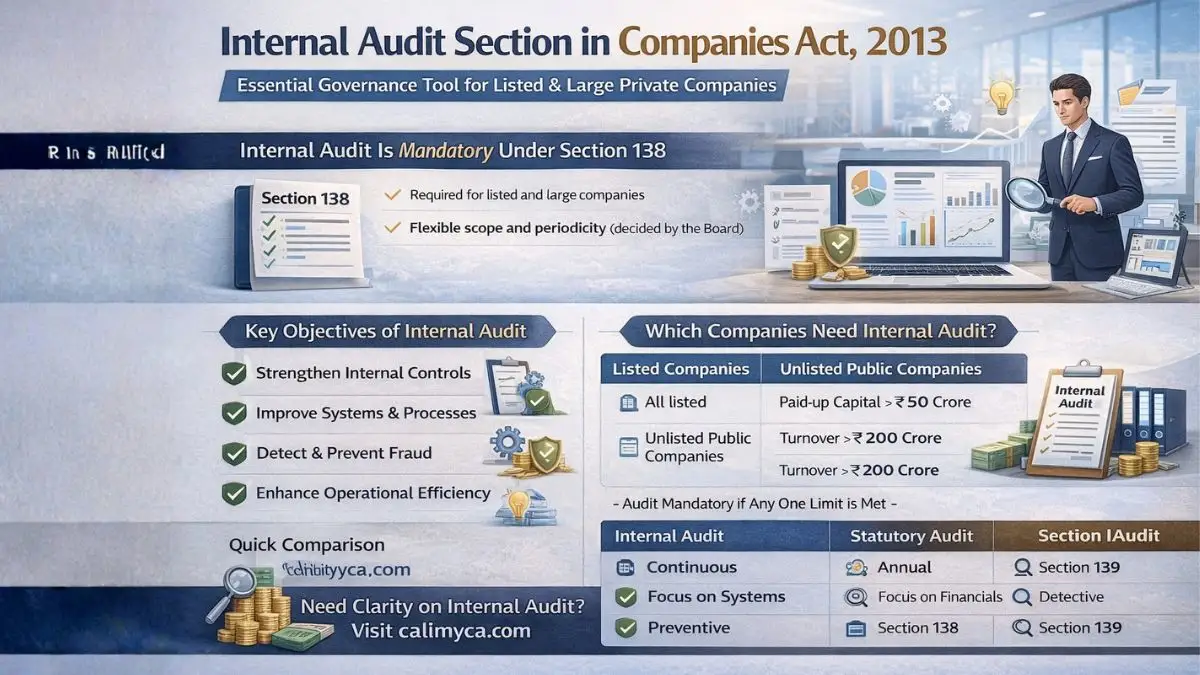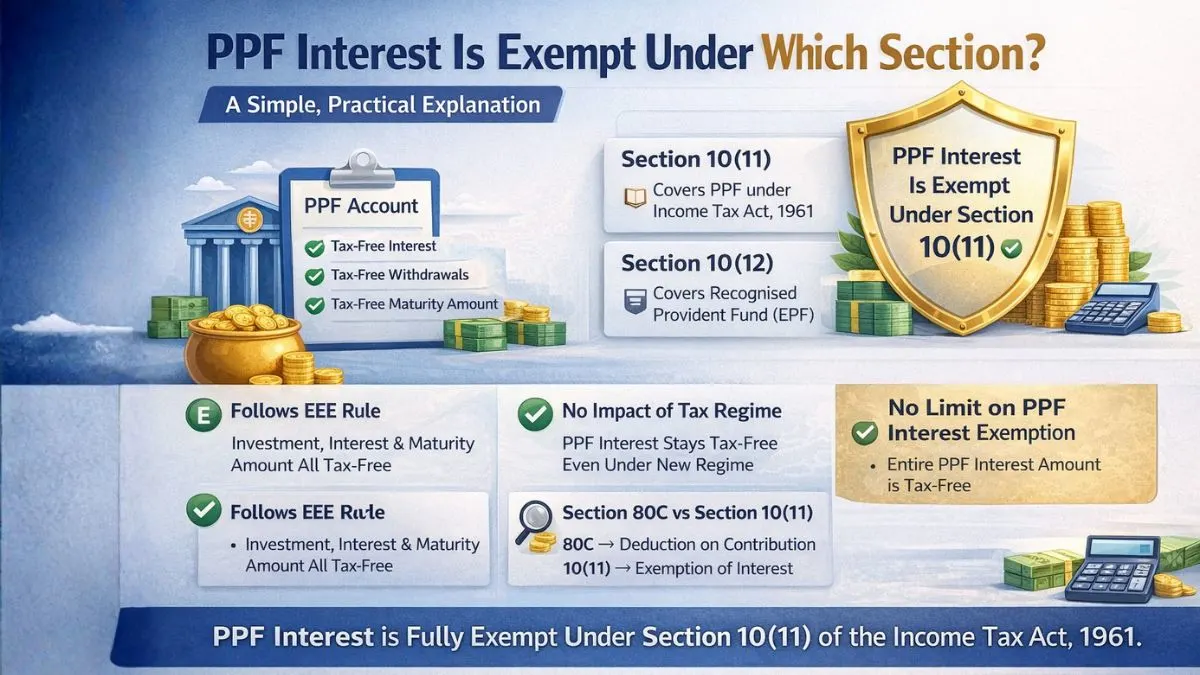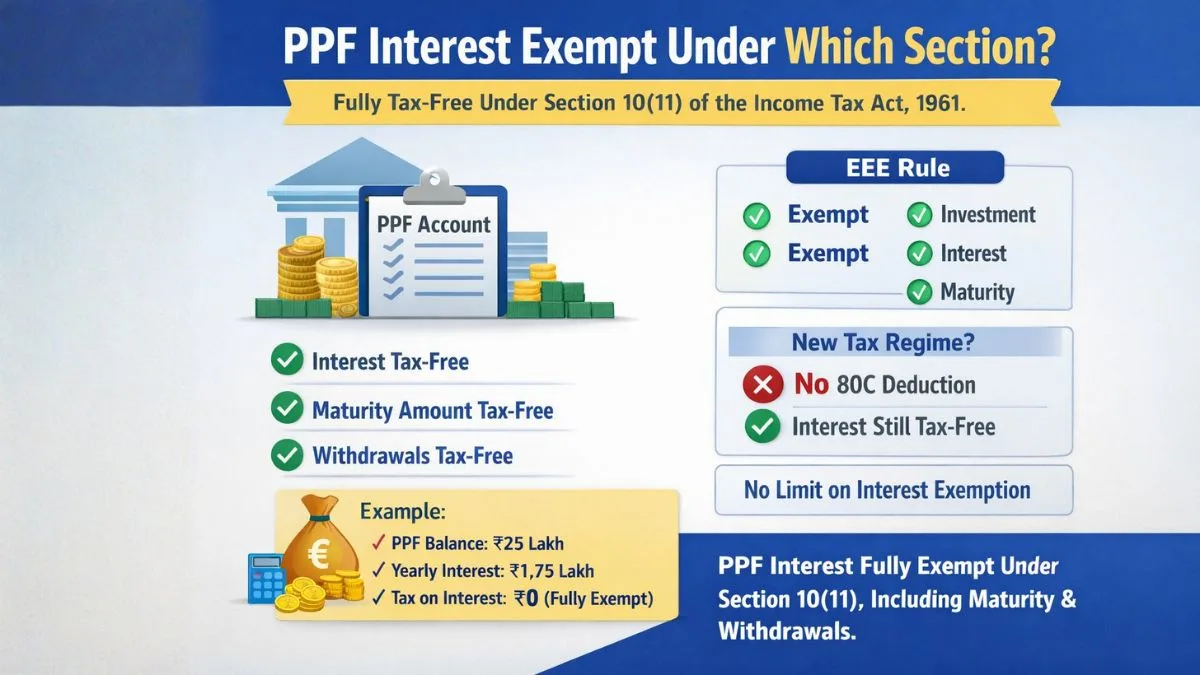
Filing your Income Tax Return (ITR) on time is more than just good practice—it's a legal obligation. If you’ve ever wondered what happens when you miss the due date, Section 234F of the Income Tax Act has the answer. This section doesn’t beat around the bush—it directly penalises you for late filing.
What is Section 234F?
Section 234F is applicable only as a late fee for filing an income tax return. This means if you delay your return beyond the due date, a monetary penalty will be imposed, regardless of whether you had tax payable or not.
Let’s say you were supposed to file your return by 31st July but ended up submitting it in September. As per this section, you're liable to pay a late filing fee. Even if you’re eligible for a refund, the penalty kicks in just for the delay!
Why Was It Introduced?
This provision was introduced to bring about discipline in the ITR filing system. It introduces specific penalties for late submissions of ITRs, nudging taxpayers to be timely & responsible.
Gone are the days when taxpayers could file returns at their leisure. The Income Tax Department now means business—& this section is proof.
Late Filing Fee Details as per Section 234F
Let’s break down the numbers:
- If your total income is above ₹5 lakh:
- Filing after the due date but before 31st December: ₹5,000
- Filing after 31st December: ₹10,000
- If your total income is below ₹5 lakh:
- The maximum late fee is restricted to ₹1,000
So yes, even a small income won’t protect you from the wrath of Section 234F. And it’s not a tax—it’s a fee under Section 234F of the Income Tax Act, separate from interest or other penalties. "
Common Myths Debunked
- “I have no tax liability, so I won’t be charged.”
- Section 234F imposes a fee on taxpayers who fail to file their ITR even if there’s no tax payable.
- “I filed before March 31st, so I’m safe.”
- Not always. If your due date was July 31st & you filed past that, you’re late—& liable under this section.
- “It only applies to salaried individuals.”
- Not true. This applies to all persons required to file ITR, including freelancers, professionals, HUFs, & even partnership firms.
Who Does Section 234F Apply To?
Any taxpayer who:
- Is required to file a return under Section 139(1), &
- Fails to do so by the due date
…is liable. So if you're required to file a return & you delay, Section 234F of the Income Tax Act applies—no exceptions. "
Is There Any Escape Route?
Only in rare cases, like technical glitches on the e-filing portal or extreme natural calamities (and that too with CBDT relaxation), might there be some relief. Otherwise, the fee is automatically calculated during your filing.
Even under Section 234F of the Income Tax Act, ignorance is not bliss—it’s expensive.
A Simple Illustration
Suppose Ramesh had a total income of ₹6,80,000 in FY 2024–25. His ITR due date was 31st July 2025. However, he filed it on 1st October 2025.
Since the filing is after the due date & his income is above ₹5 lakhs, Late Filing Fee Details as per Section 234F will apply:
₹5,000 will be charged & auto-populated when he files his ITR.
And if he further delays beyond 31st December 2025, that fine would be ₹10,000.
Why This Fee Shouldn’t Be Taken Lightly
- It reduces your refund amount if any.
- Shows poor compliance history.
- May increase scrutiny or lead to future notices.
- And let’s face it—why pay extra when you can just be timely?
Final Thoughts
Section 234F of the Income Tax Act has added sharpness to the ITR compliance framework. It doesn’t matter if you owe zero tax or are entitled to a refund—the rule is the same. File late, pay a fee.
While the penalty may look small, its implications are far-reaching. Better to spend that ₹5,000 on a weekend getaway than lose it over carelessness.
Want to avoid late filing penalties under Section 234F & never miss your due date again? 👉 Let Callmyca.com handle your ITR filing, hassle-free & on time!

